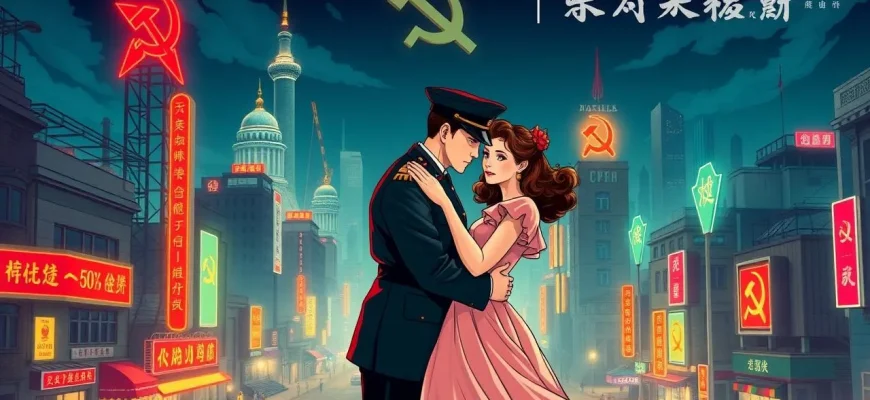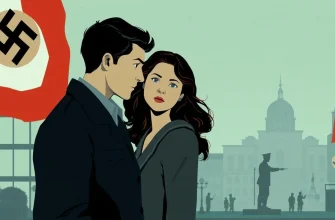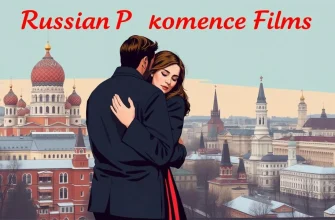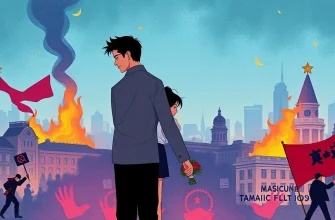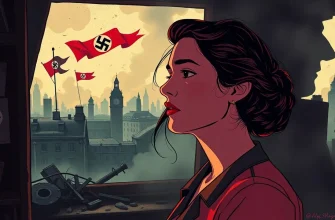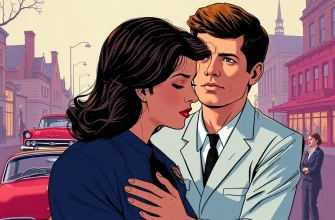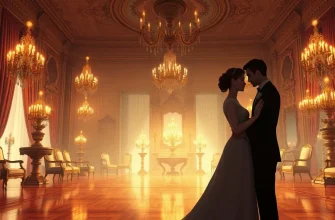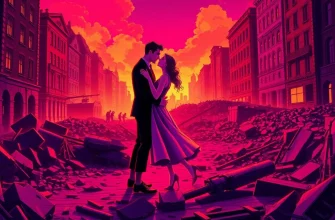This curated list of melodramas delves into the complex world of communism, exploring themes of love, sacrifice, and ideological conflict. These films not only entertain but also provide a nuanced look at the personal lives of those involved in or affected by communist movements, offering a unique perspective on historical and political narratives.
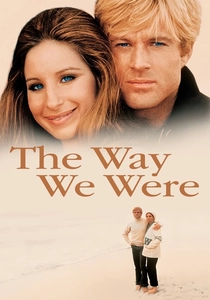
The Way We Were (1973)
Description: This romantic drama follows the relationship between a Jewish, politically active woman and a non-political, WASP man, set against the backdrop of the McCarthy era and the rise of communism in Hollywood.
Fact: The film's theme song, "The Way We Were," became a major hit for Barbra Streisand.
 Watch Now
Watch Now
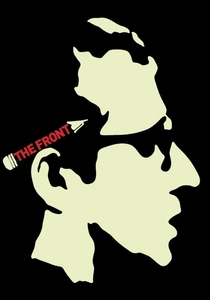
The Front (1976)
Description: A comedy-drama about a man who becomes a "front" for blacklisted writers during the McCarthy era, exploring themes of loyalty, friendship, and the impact of political witch-hunts.
Fact: Woody Allen, who stars in the film, also co-wrote the screenplay.
 Watch Now
Watch Now
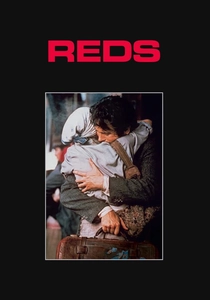
Reds (1981)
Description: This epic biographical film follows the life of John Reed, an American journalist and communist activist, and his tumultuous relationship with Louise Bryant, set against the backdrop of the Russian Revolution.
Fact: Warren Beatty, who played Reed, also directed, co-wrote, and produced the film, winning an Academy Award for Best Director.
 Watch Now
Watch Now
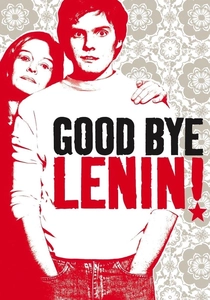
Good Bye, Lenin! (2003)
Description: This German tragicomedy follows a son who tries to shield his mother, a dedicated communist, from the news of the fall of the Berlin Wall to prevent her from having a heart attack.
Fact: The film was nominated for Best Foreign Language Film at the 76th Academy Awards.
 Watch Now
Watch Now
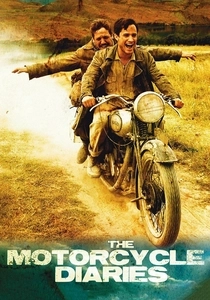
The Motorcycle Diaries (2004)
Description: While not directly about communism, this film follows the early life of Che Guevara, showing his transformation into a revolutionary figure, influenced by the poverty and injustice he witnesses.
Fact: The film was shot in the actual locations where Guevara traveled, providing authenticity to the narrative.
 Watch Now
Watch Now
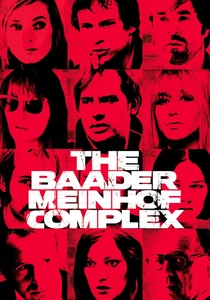
The Baader Meinhof Complex (2008)
Description: This film portrays the rise and fall of the Red Army Faction, a militant group in West Germany, highlighting the personal and political motivations behind their actions.
Fact: It was nominated for the Best Foreign Language Film at the 81st Academy Awards.
 Watch Now
Watch Now
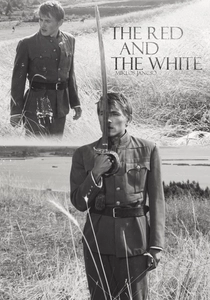
The Red and the White (1967)
Description: Set during the Russian Civil War, this film explores the personal and political conflicts between the Red Army and the White Army, with a strong focus on the human aspects of war and love.
Fact: The film was directed by Miklós Jancsó, known for his long takes and complex choreography of actors.
 30 Days Free
30 Days Free
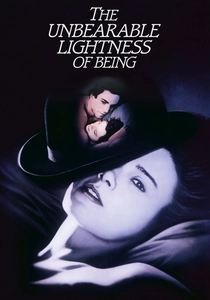
The Unbearable Lightness of Being (1988)
Description: While not explicitly about communism, the film captures the atmosphere of Prague during the Soviet invasion, focusing on personal relationships amidst political upheaval.
Fact: The film was banned in Czechoslovakia until 1990 due to its political content.
 30 Days Free
30 Days Free
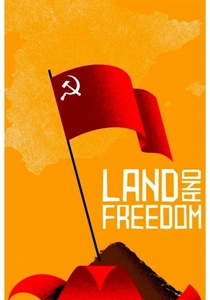
Land and Freedom (1995)
Description: This film explores the Spanish Civil War through the eyes of a British communist volunteer, focusing on the ideological conflicts within the Republican side.
Fact: The film was inspired by the experiences of British volunteers in the International Brigades.
 30 Days Free
30 Days Free
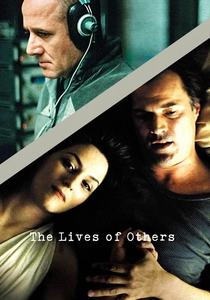
The Lives of Others (2006)
Description: Set in East Berlin, this film examines the surveillance practices of the Stasi, focusing on a playwright and his actress lover, whose lives are deeply affected by the oppressive regime.
Fact: The film won the Academy Award for Best Foreign Language Film in
 30 Days Free
30 Days Free

